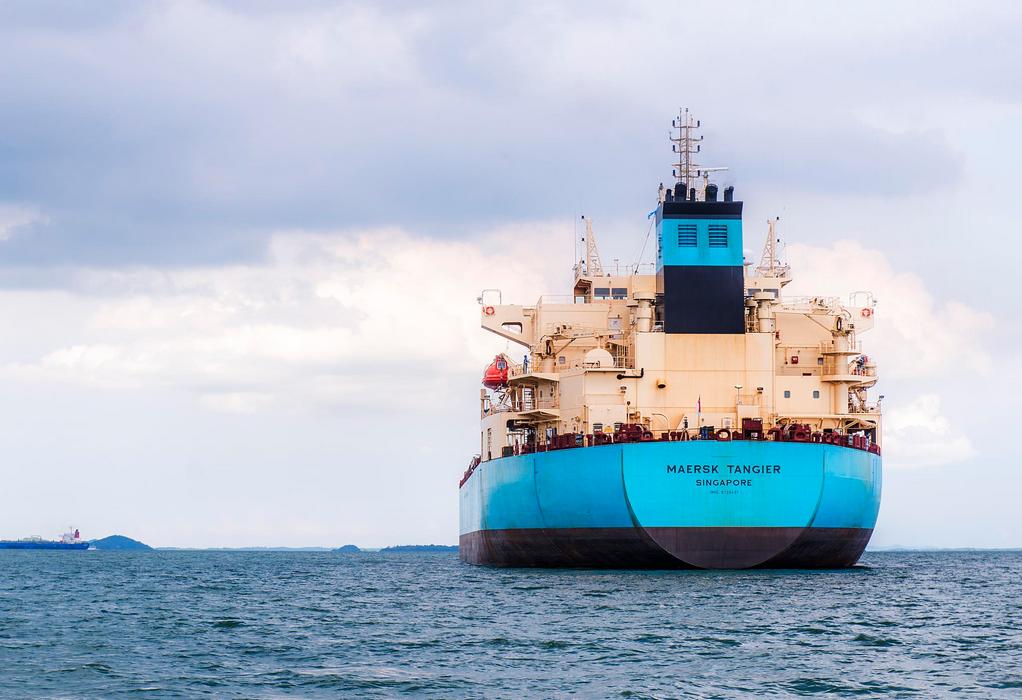The Mærsk Mc-Kinney Møller Center for Zero Carbon Shipping has released a report providing a techno-economic assessment of fuel cell applications for onboard auxiliary power for deepsea vessels.
The reportindicates that it appears unrealistic to assume that fuel cells will compete with or entirely replace onboard internal combustion engines in the near future, even as fuel cells reach a high technological maturity level. This is due to the high initial costs currently associated with these technologies along with the adjustments that would be required in ships’ engine-room design and standard operating procedures for the crew.
The study focused on assessing the role that fuel cells could play in auxiliary load on board ships, rather than on propulsion. Auxiliary power is traditionally generated via four-stroke engines, which are slightly less efficient than the two-stroke engines typically employed for propulsion. As a result, vessels might operate on a combination of two-stroke engines (propulsion) and fuel cells (auxiliary load). This approach could help ship owners to make the most of existing technologies while phasing in fuel cells and, in turn, potentially lower vessels’ emissions.
A desktop study examined the potential for fuel cells’ integration on board deep-sea vessels. This focused on bulk carriers, tankers and container ships and involved real-world operational data to analyze the likely impact of fuel cell integration on energy efficiency, greenhouse gas emissions, fuel and equipment costs, and ship design for selected combinations of ship types, fuels, and fuel cell technologies from 2025 to 2040.
The results show that, under the assumptions of the study, fuel cells could reduce both onboard fuel demand and the resulting greenhouse gas emissions. Further, these new technologies do not appear to require design modifications that would affect ship operations or costs beyond what can be expected for the combination of alternative fuels and internal combustion engines.
However, the results also indicate that, on top of the high costs currently forecast for alternative fuels the additional cost premium of fuel cells affects their competitiveness in the short and medium term. Long-term, the financial outlook for fuel cells improves but remains conditional on a carbon tax or similar mechanism.
The project was a collaboration between the Mærsk Mc-Kinney Møller Center for Zero Carbon Shipping and partners: Stolt Tankers, Mitsubishi Heavy Industries, Tsuneishi Shipbuilding, Siemens Energy, Seaspan Corporation, ABB, American Bureau of Shipping, Royal Caribbean Group, Maersk, NYK Line, TotalEnergies, and Alfa Laval.
Tags: Deepsea Vessels, Fuel Cells, Maersk



Recent Posts
Port of Brisbane Unveils Vision 2060 to Drive Smarter, Cleaner, and More Connected Future
Wärtsilä to Deliver Hybrid Propulsion Systems for Vertom Group’s New Low-Emission Vessels
Latvian port receives electric Konecranes Gottwald Mobile Harbor Crane
Sustainable Ocean Economy Vital for Human Development, Says UNDP at UN Ocean Conference
Green Hydrogen Costs in India Could Drop by 40%, Says IEEFA-JMK Report
Cavotec Secures €1.55 Million Shore Power Contract for Port of Antwerp-Bruges
APM Terminals and SANY Marine sign landmark agreement to accelerate decarbonisation
The Port of Gothenburg takes big step towards shore power connection for container and car/RoRo vessels